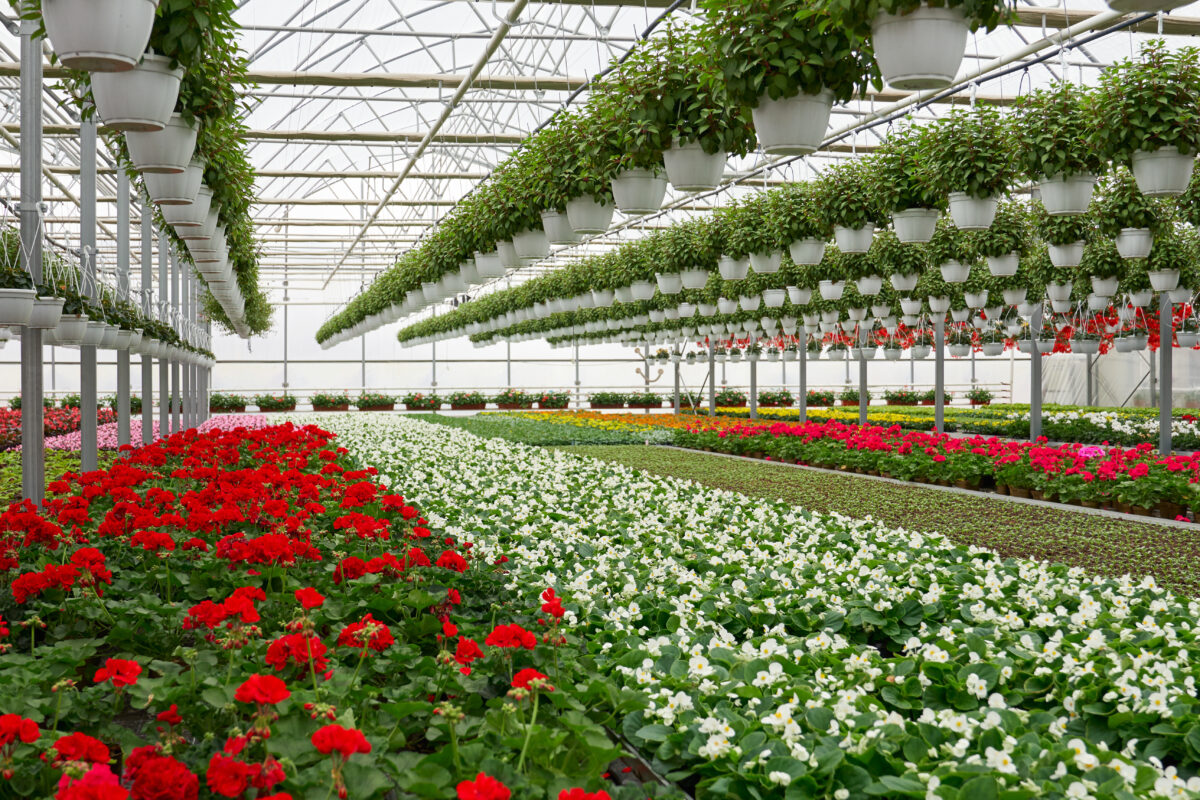
The export of floriculture products from India is a thriving industry, with flowers like roses, tulips, and orchids being in high demand across the globe. However, exporting these delicate and perishable products presents unique challenges that require careful planning and execution. Companies like Jay Bhavani Exim, a leading exporter of floriculture products from India, have developed strategies to overcome these challenges and ensure the successful export of high-quality flowers to international markets.
One of the primary challenges in floriculture export is maintaining the freshness and quality of flowers during transit. Flowers are highly perishable and can easily wilt or get damaged if not handled properly. To address this, exporters use advanced cold chain logistics to keep the flowers at optimal temperatures throughout the supply chain. This involves using refrigerated containers and storage facilities to ensure that the flowers remain fresh from the time they are harvested until they reach their destination.
Packaging also plays a crucial role in preserving the quality of flowers during export. Exporters use specially designed packaging materials that provide protection against physical damage and prevent moisture loss. These packaging solutions are designed to be lightweight yet sturdy, ensuring that the flowers arrive in perfect condition. Additionally, exporters often include humidity control systems within the packaging to maintain the ideal environment for the flowers.
Another significant challenge in floriculture export is adhering to the stringent regulations and standards imposed by importing countries. Different countries have different requirements for the import of flowers, including phytosanitary certificates, pest control measures, and quality standards. Exporters like Jay Bhavani Exim have a thorough understanding of these regulations and work closely with government authorities to ensure compliance. This includes conducting regular inspections and quality checks to meet the standards of each importing country.
Logistics and timely delivery are critical factors in the success of floriculture exports. Flowers need to be delivered quickly to ensure they are fresh when they reach the market. Exporters often work with multiple logistics partners to ensure that the flowers are transported efficiently and reach their destination on time. In some cases, flowers are shipped by air to reduce transit times and maintain freshness.
In conclusion, the export of floriculture products from India is a complex and challenging process that requires expertise, precision, and careful planning. Companies like Jay Bhavani Exim have mastered the art of floriculture export, overcoming challenges related to freshness, packaging, regulations, and logistics. By ensuring that their flowers meet the highest standards of quality and are delivered on time, they have established a strong presence in the global market. As demand for Indian floriculture products continues to grow, these exporters are poised to continue their success and bring the beauty of Indian flowers to the world.

